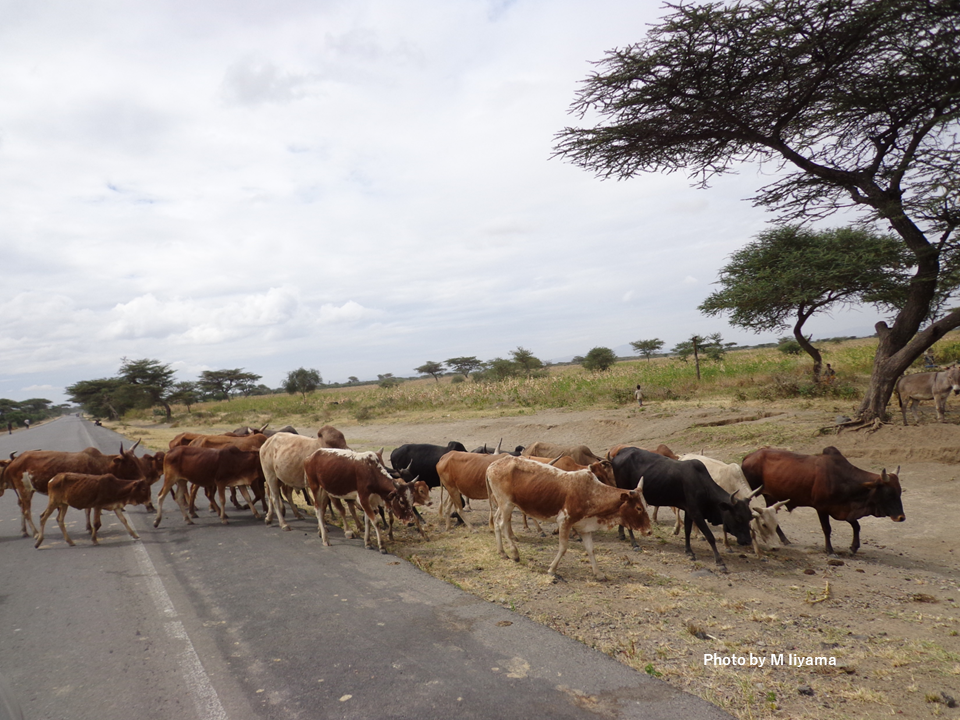Pick Up
1019. Africa’s Greenhouse Gases Budget

1019. Africa’s Greenhouse Gases Budget
An analysis of the estimation of the greenhouse gases (GHG) budget in Africa has been published in the journal Global Biogeochemical Cycles. The paper suggested that during the 2010-2019 period, Africa was a net source of GHG emissions (mostly carbon neutral), with its carbon storage capacity decreasing over the years.
The authors developed a comprehensive model to estimate the GHG emissions budget for Africa and assess the regional carbon cycle over the 2010-2019 period. The model incorporates estimates of anthropogenic emissions such as agriculture and fossil fuels, as well as natural sources unique to Africa such as termites, herbivores, and wildfires, and estimates of natural ecosystems as sinks such as grasslands, savannahs, and forests, which still account for a substantial share of Africa's land area. Estimates show that during this period, emissions from wildfires decreased, emissions from termites were lower than expected, and emissions from large animals were on the rise. The study also used satellite technology to estimate the amount of carbon stored in above-ground biomass in Africa.
The analysis reveals that Africa has turned into a net source of emissions in recent years due to land-use change and increased use of fossil fuels. Annual emissions in terms of carbon dioxide equivalent were estimated at 4.5 Pg (4.5 billion tonnes) using bottom-up estimation and 3.98 Pg (3.98 billion tonnes) using top-down estimation, but there was a large amount of uncertainty due to data and methods, necessitating an improvement in the quality of local data.
The main causes of the increase in GHG emissions were soil carbon loss and nitrous oxide emissions from fossil fuel combustion, methane emissions from livestock, and agricultural land conversion. Natural ecosystems are still sinks, storing an estimated one-third of anthropogenic GHG emissions.
The paper pointed out that while anthropogenic GHG emissions could be absorbed by switching to carbon-neutral fuel sources, they could be offset by the conversion of nature to agriculture due to the demand for food production.
The authors argued that by collecting more accurate data and building continent-specific models, uncertainty in estimation can be avoided. They also stressed the need for investment to address socio-economic challenges that hinder climate-smart agricultural practices and conservation in Africa.
Reference:
Yolandi Ernst et al, The African Regional Greenhouse Gases Budget (2010–2019), Global Biogeochemical Cycles (2024). https://agupubs.onlinelibrary.wiley.com/doi/10.1029/2023GB008016
Contributor: IIYAMA Miyuki (Information Program)
